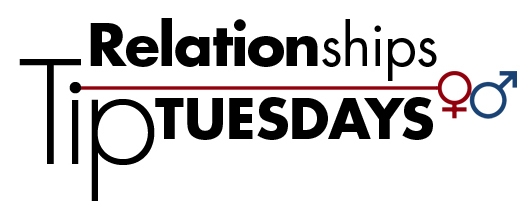How would you sum up what a great apology looks like? You probably want it to be sincere, but what else? There are certainly things that can cancel out an apology. For example, if someone has deeply hurt you and they toss a flippant “Sorree,” your way, I doubt that you feel any better. You actually may feel worse.
Apologies are important when we have hurt or offended someone. We often times avoid them because we don’t like being wrong or we see it as a sign of weakness. However, an apology that takes responsibility for one’s actions can be a show of strength and kindness. Where we often drop the ball is when we offer a half-hearted apology or, worse yet, one that says that you are sorry that the person feels a particular way. Now I will admit that this kind of apology does include the word “sorry” but it is not expressing remorse for anything that you have done – only what the other person feels. It can actually be quite insulting.
Instead, a healthy apology takes responsibility for what one has done. While you may acknowledge the person’s feelings, you are not apologizing for how they feel but rather for your own actions which have contributed to their hurt.
It is important that your body language matches what you are saying and that your tone of voice is consistent with a heartfelt apology. But truly, what the other person most wants – is for you to handle things differently in the future. This was summed up in a story told by Matthew McConaughey. He was traveling in Mali when he entered a conversation into which he was not invited and was told that he was out of line. When confronted and asked, “Do you understand that?” He responded, “I do, sorry.” His friend responded, “You’d better be different, not sorry.”
Therein is the ultimate apology – when our behavior is changed – when it is different.


